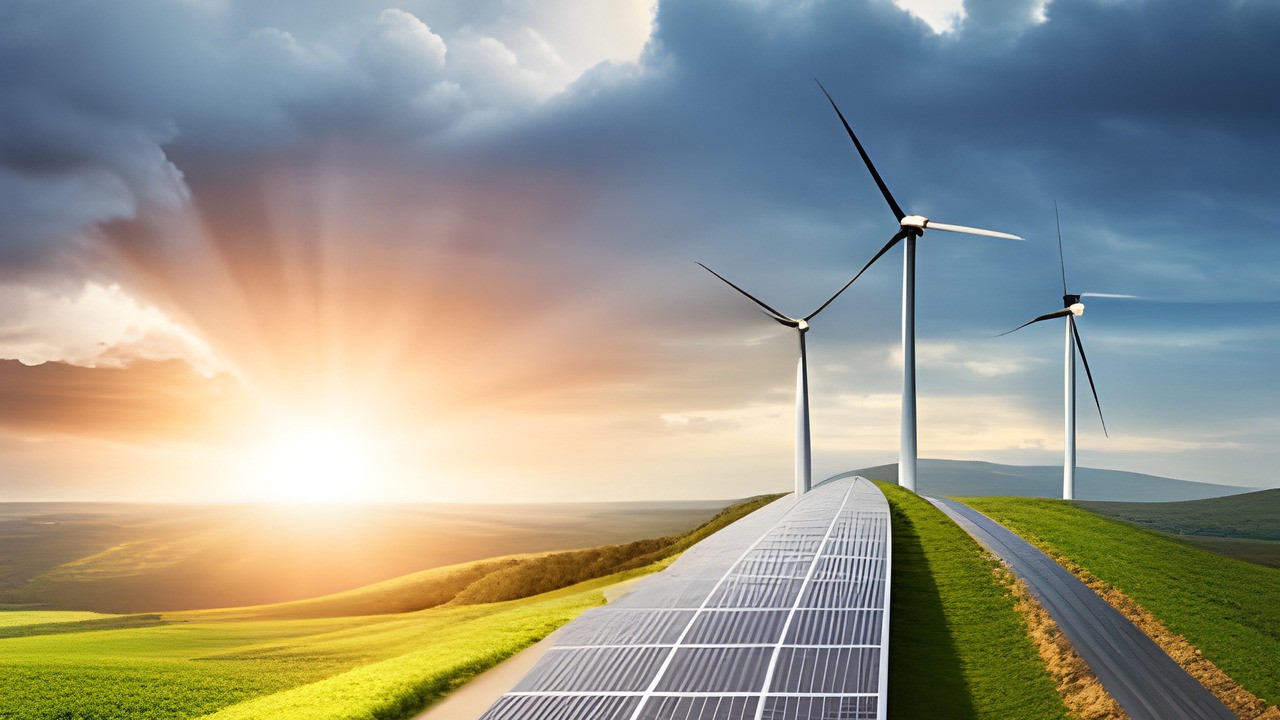The three remaining nuclear power plants in Germany have been shut down by April 15, 2023, following a decision made in 2011 to phase out nuclear power. The shutdown of these power plants has a significant impact on Germany's energy mix and overall energy production. In the year 2019 the WJS titled already a related article with: “The world's dumbest energy policy.”
Having wasted uncountable billions of euros on renewables and inflicted some of Europe's highest energy prices on German households and businesses, now Berlin is promising to kill the one reliable power source Germany has left.”
Wall Street Journal (WJS 2019)
Meanwhile, we have 2023 and Germany is World-Champion in terms of energy cost and a lot of efforts are done to keep it that way.
Now, Germany will rely entirely on renewable energy and fossil fuels to meet its energy needs. The country has made significant investments in renewable energy, particularly in wind and solar power, but it still faces challenges in terms of energy security and reliability.
One of the challenges Germany faces is the intermittency of renewable energy sources. Wind and solar power are subject to fluctuations, depending on the weather and time of day, which means that Germany will need to develop new technologies to store energy for use during times when renewable sources are not available. This could involve using batteries, hydrogen, or other methods of energy storage.
Another challenge is the need to increase the capacity of the energy grid to support the integration of renewable energy sources. Germany will need to invest in new transmission lines and distribution infrastructure to ensure that the power generated by wind and solar farms can be distributed to where it is needed.
In recent years, Germany has become known for its heavy emphasis on renewable energy, particularly wind and solar power. The country has set ambitious goals for reducing greenhouse gas emissions and becoming more energy independent, and has invested heavily in wind turbines and solar panels, as well as in research and development of new technologies. However, this policy has also received significant criticism, with some arguing it is inefficient and misguided.
One of the main criticisms of Germany's energy policy is that it has led to high energy costs for consumers and businesses. To support the development of renewable energy, the country has implemented a system of feed-in tariffs, which require energy companies to buy renewable energy at above-market rates. This has led to higher energy bills for consumers, some of whom have struggled to pay their bills, and has also made it harder for businesses to compete internationally.

Another criticism is that Germany's move away from nuclear power has led to a greater reliance on coal-fired power plants. Germany decided to phase out nuclear energy after the Fukushima disaster in Japan in 2011, but this has led to an increase in coal use, as the country has needed to meet its energy demands. This has resulted in higher levels of carbon emissions than would have been the case if Germany had pursued a more balanced energy policy.
Lastly, some argue that Germany's heavy emphasis on renewable energy has not been accompanied by adequate investment in energy storage technology, which is needed to address the problem of intermittent energy sources like wind and solar power. Battery technology is still relatively expensive, which means that the need to use traditional fossil-fuel-based power plants when renewable energy is not available, further increasing greenhouse gas emissions.
Overall, the switch-off of the last three nuclear power plants in Germany represents a significant milestone in the country's transition to a more sustainable and ecologically-friendly energy system. However, it also highlights the challenges and opportunities of this transition, and the need for continued innovation and investment in new technologies to support a diverse and reliable energy mix.
Takeaway
The German transition away from nuclear power can provide some valuable lessons for other nations and leaders aiming to reduce carbon emissions and shift towards renewable energy sources. The main message is: "Don't deliberately shoot down reliable energy resources when you have no adequate replacement."
If you are currently in the midst of planning for an energy transition, we welcome you to reach out to us without hesitation. Our team is eager to assist you in any way we can, utilizing our expertise and solutions to help ensure a successful transition to renewable energy sources.
Editor's note: This article was originally published in April 2023 and has been updated for comprehensiveness.





All comments are moderated before being published. Inappropriate or off-topic comments may not be approved.